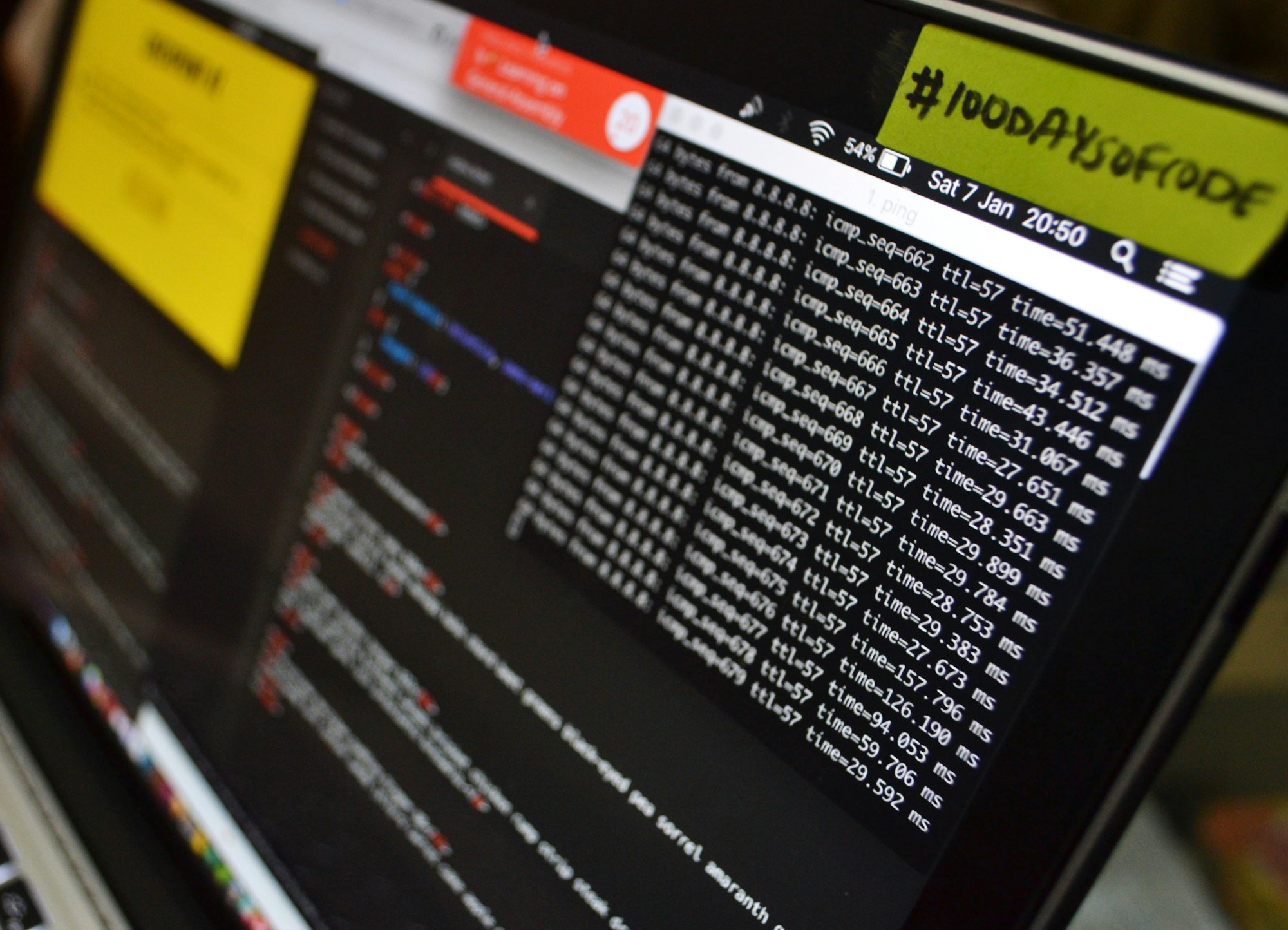October: cybersecurity month.

During the month of cybersecurity, the aim is to promote awareness of this matter among citizens and organizations, through education and the exchange of good practices that help us in our journey through the online world, preventing us from being victims any attack.
Fourteen years ago, the US officially declared the month of October National Cyber Security Awareness Month. Eight years later, in 2012 Europe decreed the European Cybersecurity Month and since 2018, Chile became the first Latin American country to celebrate the National Cybersecurity Month, in an effort to promote it and carry out national exercises in this area.
The technological revolution that we have experienced has not only brought benefits, it has also opened a space for technological crimes of which many people have been victims with devastating consequences both financially and personally. Situations such as scams, espionage between nations and computer infections are some of the threats we face daily in the online world. Added to this is the danger to which the critical infrastructure of a state is exposed, which can be seriously collapsed by a cyber attack.
Importance of cybersecurity
Cybersecurity has become a priority for governments around the world, since they consider that protecting assets available through the internet, and computer systems and networks from hackers, is vital for the operation, stability of a nation and the livelihood of its people. Major cyberattacks against utilities, data loss and compromised networks make headlines and become top priorities for governments; That is why companies and citizens recognize the need to take action. To have a clearer context, in the list of the countries most prone to cyber attacks, Mexico is the sixth most vulnerable country for malware attacks.
Companies, regardless of their size, are also targets of attacks. Every company must take care of the value of the information it publishes on the network, as well as the use it makes of the Internet. It is essential to protect the data of the company and customers, as well as the operability of the systems.
Here are some of the main reasons why cybersecurity is important and you need to invest in it:
- Preserve the data.
- Protect the operability of various systems and their integrity.
- Prevent the installation of spies or thieves of any type of files (data, sounds and images, among others)
- Avoid Trojan horses that can take control of our systems.
- Protection of personal devices (portable, mobile) against loss and theft.

Most common attacks
- Denial of Service (DoS) attacks. This is an attack on a computer system or network that causes a service or resource to be inaccessible to legitimate users.
- Man in the Middle attack. It is a type of attack aimed at intercepting, without authorization, the communication between two devices (hosts) connected to a network. This attack allows a malicious agent to manipulate the intercepted traffic in different ways, either to listen to the communication and obtain sensitive information, such as access credentials, financial information, etc., or to impersonate any of the parties.
- Phishing. It is a computer term that distinguishes a set of techniques that seek to deceive a victim by gaining her trust by posing as a trusted person, company or service, to manipulate her and make her perform actions that she should not perform.
- Malware attacks. Malware is software that interferes with the purpose of harming the computer user. The objective is to steal personal, financial and/or commercial data.
- Brute force attack to obtain data and passwords. It is an attempt to find out a password or username, or to find a hidden web page or the key used to encrypt a message, using a trial and error approach, in the hope of being successful.
- SQL injection attack. It is a method of infiltration of intrusive code that uses a computer vulnerability present in an application at the input validation level to perform operations on a database.
- Cross-site scripting (XSS) attack. Cross-site scripting (XXS) is a type of website vulnerability, which allows attackers to place malicious script into trusted web pages and applications.
- Ransomware attack. This is malicious code that prevents the use of the equipment or systems it infects. The cybercriminal takes control of the infected computer or system and "hijacks" it in various ways, encrypting the information, locking the screen, etc.
How to protect ourselves?
At e•saurio we take security very seriously and we want to prevent you from becoming another victim of unscrupulous people who, hidden behind a computer, cause losses that are often irreparable. We could write (and we are going to do it during this month dedicated to cybersecurity) a complete article with tips to take into account to avoid being attacked, however, you must bear in mind that new ways of attacking are created every minute; So the main thing at all times is to keep your devices updated and use only original software to avoid copies that can install different malware on your computer, smartphone, etc.
If you liked this article, subscribe to our blog.
Remember that you can find us on Instagram, Facebook and Twitter as @esauriook
On LinkedIn as e•Saurio

